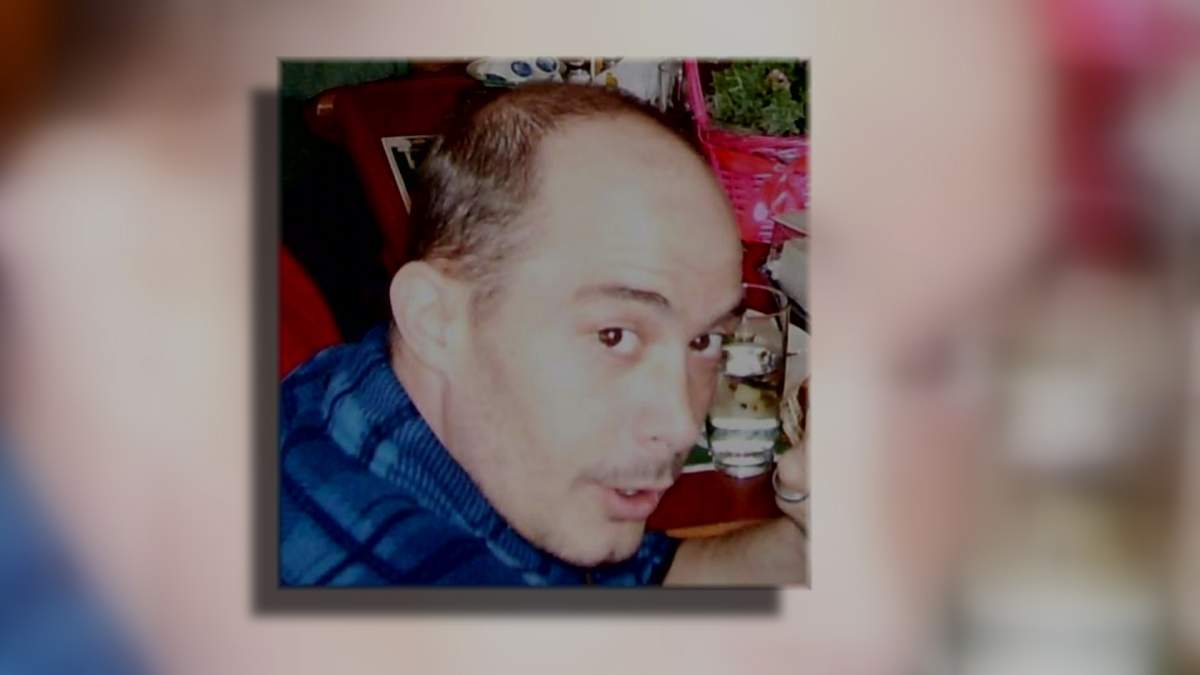The conviction of two special constables for criminal negligence causing the death of an impaired man in a Halifax police jail signals an urgent need for more staff and training, according to the union leader who represents the workers.

In a letter to police Chief Daniel Kinsella, the president of the Halifax Regional Police Association says without more staff and a supervisor assigned to the unit, the downtown police jail won’t be capable of meeting a legally required standard of care.
Dean Stienburg warns retaining the status quo of two special constables to oversee the cells imperils the safety of both prisoners and those charged with their care.
The jury verdict showed there’s an “expectation of a higher standard of care than is currently possible,” in the jail, Stienburg wrote in his Nov. 15 letter.
READ MORE: Jury finds Halifax special constables guilty of criminal negligence in death of Corey Rogers
Special constables are not police officers, but lower-paid employees of the force who are appointed to specialized duties, including the booking of prisoners.
On Nov. 10, two of those constables – Daniel Fraser and Cheryl Gardner – were found guilty of criminal negligence for the June 2016 death of Corey Rogers.
A medical examiner determined the 41-year-old Rogers died of suffocation while lying in a narrow cell with a spit hood covering his mouth and nose, after he appeared to vomit into the face mask.
During the trial, jurors heard testimony that Fraser and Gardner made regular checks, but didn’t enter the cells or touch Rogers until several hours after he’d been lying still on the floor.

Get daily National news
The two constables testified this was normal practice for those overseeing the unit, as entering cells could be dangerous and at times inmates resented being awoken by the constables.
Stienburg says in his letter to the chief that a minimum of four workers, including one staff sergeant who is in charge, should be on duty at all times to oversee prisoners in the unit.
In addition, the union leader said Halifax police should consider having on-site medical staff to assess prisoners’ health risks and determine if they should be taken to hospital.
He noted the jail is holding on average 2,800 intoxicated persons annually, and “this justifies the need for trained medical staff.”

Data provided by Emergency Health Services indicates that between April 1, 2018, and March 31 of this year, there were 987 calls made by paramedics to the Halifax police headquarters on Gottingen Street, though details of the visits aren’t provided.
Stienberg said in an interview Tuesday these figures indicate there is already a significant medical cost being created by the jail, and that savings could occur if there were on-site experts.
The cell design of the police station is “dangerous and antiquated,” said Stienberg, adding the locks are in disrepair and there aren’t enough safeguards to prevent prisoners from spitting on guards or bodily waste on them.
Stienburg said he has been bringing these issues forward to management for years, but the problems have not been resolved.
He argues the conditions in the jail make it difficult to reach the standards set out in a 2012 directive from the former NDP minister of justice, Ross Landry, that required closer checks on impaired prisoners.
In 2009, Victoria Paul – an Indigenous woman from Indian Brook, N.S. – suffered a stroke in a Truro, N.S., police cell after being arrested for alleged public intoxication. She died in hospital two weeks later, prompting calls for reforms in lockup procedures and an independent inquiry.
The new provincial standards to check responsiveness – posted on the wall of the Halifax police lockup entry area – called for people overseeing police lockups to enter cells of highly impaired prisoners and gently shake them to ensure they are conscious.
But the union leader said prisoners often become angry if woken up.
“You can’t just put out a ministerial directive that people can’t follow,” said Stienburg.
He said currently there are eight full-time special constables and six part-time staff for the booking area at the Halifax police station. The union is asking the chief to make all of the part-time staff into full-time employees.

Kinsella said in an email the prisoner care facility is an area he’s been looking into since his arrival on the job in July.
“An updated policy will be forthcoming. However, that is just one aspect of the broader evaluation we are doing,” the chief wrote.
Deputy Halifax mayor Tony Mancini, a member of the city’s board of police commissioners, said he is awaiting the chief’s evaluation of the jail to see if the union’s safety concerns are confirmed.
“There will be some interesting conversation once we get this evaluation back,” he said in an interview.
The Halifax Regional Police Association is the bargaining unit for 660 employees, including 530 sworn officers, with the remaining union members including special constables and civilian staff.
This report by The Canadian Press was first published Nov. 19, 2019.
- Former prince Andrew arrested on suspicion of misconduct in public office
- Tumbler Ridge school shooting victim set to hopefully return home soon from Vancouver hospital
- Shia LaBeouf arrested after fight during Mardi Gras in New Orleans
- Anti-feminist ideology ‘increasingly relevant’ to national security: CSIS








Comments
Comments closed.
Due to the sensitive and/or legal subject matter of some of the content on globalnews.ca, we reserve the ability to disable comments from time to time.
Please see our Commenting Policy for more.